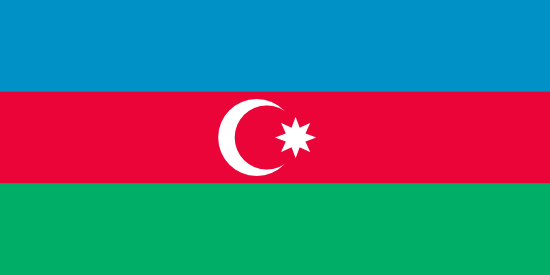
Health Insurance in Azerbaijan, Asia
Useful information for expatriates in Azerbaijan
Capital City: Baku
Total area: 86,600 km2
Population: 8,467,000
Money:Currency Converter
Time Zone: List of time Zones by Country
Calling Code: +994 XXX
Practical Information:
Health Product:Travel Insurance and Health insurance
Health Insurance information and Sanitary Risk: World Health Map
BLOG: Expat Health insurance Information
Here is a brief description of the healthcare system in the country:
· Azerbaijan has a universal healthcare system that aims to provide access to medical services for all citizens and registered residents.
· It is funded through general government revenues as well as mandatory health insurance contributions paid by employers.
· Primary care is delivered through polyclinics and community health centers. Specialized services are available in hospitals located in major cities and regional centers.
· The system suffers from underfunding, outdated infrastructure, shortages of medical professionals and equipment outside large urban areas.
· Both public and private healthcare facilities operate. However, private care is expensive and unaffordable for many.
· Life expectancy and health outcomes have improved but non-communicable diseases remain a growing challenge.
· Reforms seek to modernize facilities, expand health insurance coverage, and train more homegrown medical workers.
· International aid assists in strengthening rural healthcare infrastructure and accessibility.
· Medical tourism is emerging as a way to alleviate budget constraints and boost specialized care capacity.
· Out-of-pocket costs still pose barriers to access for some, especially in remote, poverty-stricken regions.
Here are some key health considerations for expatriates living in the country:
· Purchase comprehensive international medical insurance before arrival to supplement any public coverage.
· Consider also purchasing supplemental medical evacuation assistance.
· Register with local primary care clinics/polyclinics for general medical needs.
· Bring adequate supplies of prescription medications, as availability may be limited.
· Ensure all recommended routine vaccinations are up-to-date.
· Only consume bottled, boiled or treated water and thoroughly cook foods.
· Rural regions have less robust infrastructure - choose a location with good healthcare access.
· Monitor potential impacts of climate, isolation or lifestyle changes on physical/mental health.
· Learn some basic medical terms in Azerbaijani or Russian to better communicate healthcare needs.
· Register address with home country embassy in case emergency evacuation is required abroad.
· Be prepared to pay out-of-pocket for some services unavailable publicly.
· Natural disasters like floods, earthquakes are risks - maintain emergency supplies and plans.
